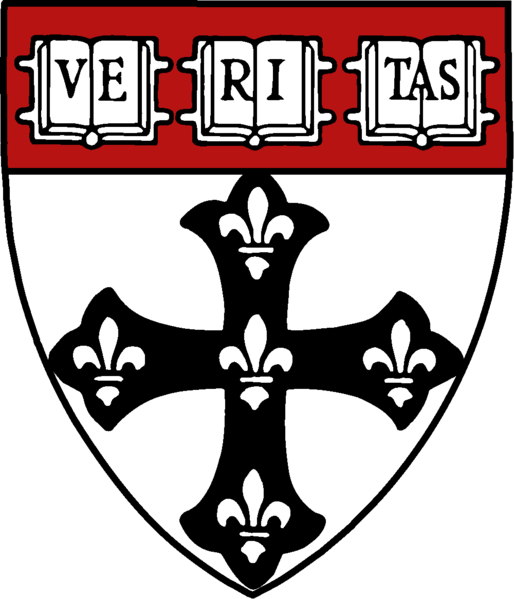Health Under Fire: The Targeting of Medical Workers in Conflict Zones (Live Web Seminar 53)
Description:
Scroll down to view a recording of this event.
Since the adoption of the First Geneva Convention in 1864, international actors have recognized the Red Cross emblem as a symbol that identifies and protects health care personnel, hospitals, and medical equipment in times of armed conflict. However, over recent years, the political instrumentalization of humanitarian healthcare has eroded the inviolability of the symbolic value of this emblem, as well those of the Red Crescent and Red Crystal. This development has left medical workers increasingly vulnerable to attacks in conflict zones, a dilemma that has emerged as one of the most serious challenges to humanitarian operations today.
This situation has escalated in the past few months. In December 2012, gunmen allegedly from the Pakistani Taliban killed nine anti-polio workers, leading the United Nations to suspend the polio eradication program in the area. Two weeks later, on New Year’s Day 2013, seven community development workers in Pakistan were killed, also due to their association with anti-polio work. And most recently, on February 8, 2013, suspected members of the militant Islamist group, Boko Haram, killed nine healthcare workers in Nigeria.
The catalyst for much of this targeting of anti-polio healthcare workers was the CIA’s use in 2011 of a polio immunization program as a covert mechanism to gather intelligence about Osama bin Laden’s compound in Pakistan. The subsequent admission by the CIA of the strategic use of a public health initiative for espionage has led many to perceive healthcare initiatives as threats. For example, Taliban commanders — asserting that the immunization program is a cover for U.S. espionage — have banned anti-polio work and have justified killing health care workers in areas of Pakistan under Taliban control as legitimate measures to coerce the United States to end drone strikes in the country.
This Live Web Seminar will address a number of legal, political, and professional dilemmas that this situation presents and will consider the following questions:
- What is the scope of the protective functions of the Red Cross, Red Crescent, and Red Crystal emblems for health professionals under national and international humanitarian law?
- To what extent are humanitarians willing to tolerate risk and to what lengths will humanitarian agencies go to provide security and safety for medical staff?
- What strategies of humanitarian health diplomacy, and what potential operational steps, are likely to prove effective in ensuring that health care initiatives are perceived as independent, neutral, and impartial?
Expert Panel:
- Pierre Gentile, Head of Project “Health Care in Danger,” International Committee of the Red Cross
- Heidi J. Larson, Senior Lecturer, London School of Hygiene and Tropical Medicine
- Sanoj Rajon, Associate Director, HPCR
Moderated By:
- Rob Grace, Program Associate, HPCR
- Vera Sistenich, Research Associate, HPCR
Resources:
- International Committee of the Red Cross. Health Care in Danger: A Sixteen-Country Study. ICRC, July 2011.
- International Committee of the Red Cross. Health Care in Danger: Making the Case. ICRC, August 2011.
- International Committee of the Red Cross. Health Care in Danger: The Responsibilities of Health-Care Personnel Working in Armed Conflicts and Other Emergencies. ICRC, August 2012.
- Larson, Heidi J, Pauline Brocard and Geoffrey Garnett. "The India HPV-vaccine suspension." The Lancet 376.9741 (2010): 572-573. Print.
- Larson, Heidi J and Pauline Paterson. "Eradicating polio: persisting challenges beyond endemic countries." Expert Review of Vaccines 10.12 (2011): 1635–1636. Print.
- Larson, Heidi J and Isaac Ghinai. "Lessons from polio eradication." Nature 473, (2011): 446–447. Print.
- "Major attacks on aid workers: Summary statistics (2002-2013)." The Aid Worker Security Database. Humanitarian Outcomes, 18 March 2013. Web. 9 April 2013.
- Roberts, Les F and Michael J Van Rooyen. "Ensuring Public Health Neutrality," The New England Journal of Medicine 368.12 (2013): 1073-1075. Print.
- Sistenich, Vera. "Summary of Polio-Related Attacks on Health Workers." 25 February 2013. Web. 9 April 2013.





